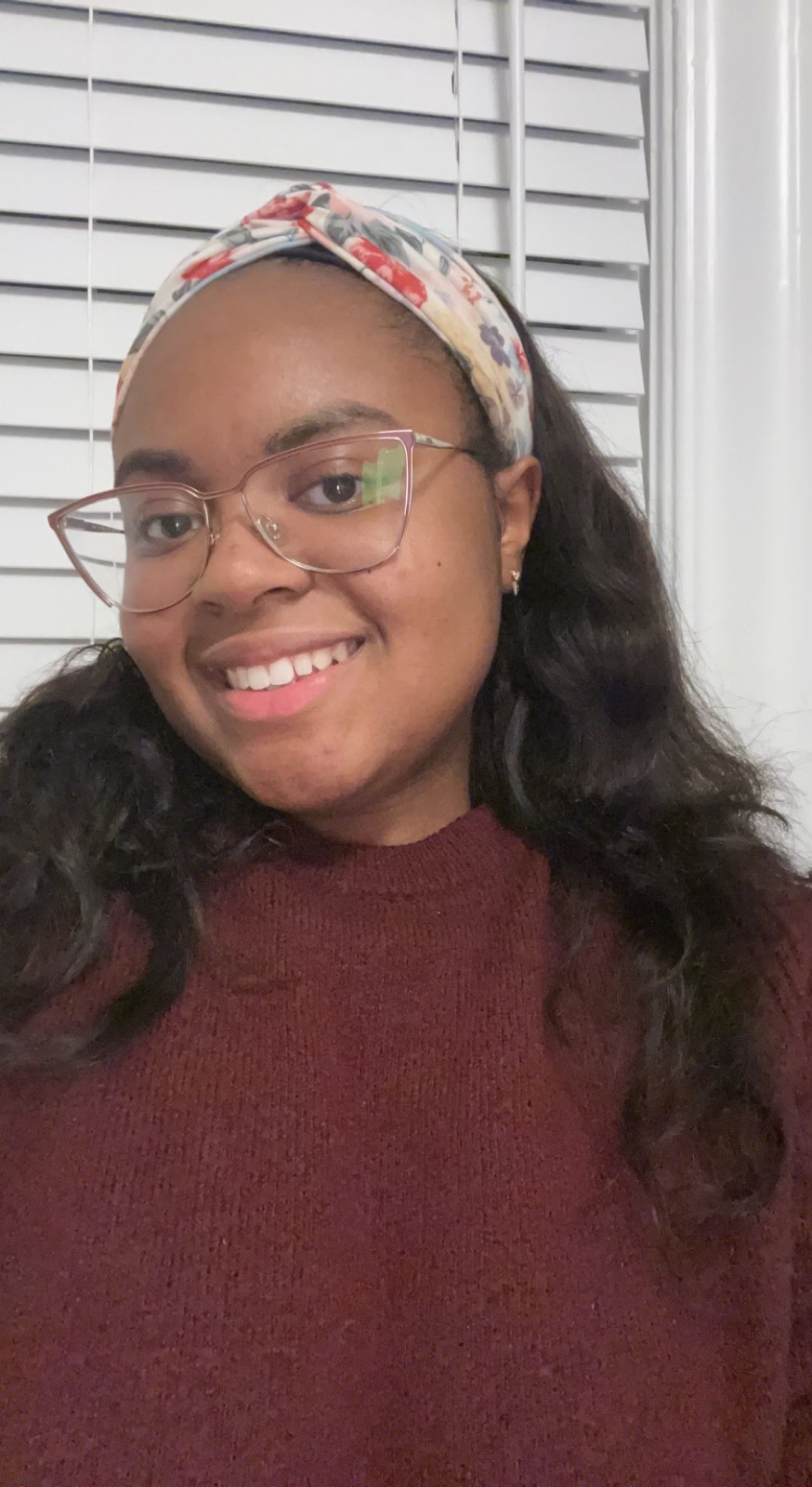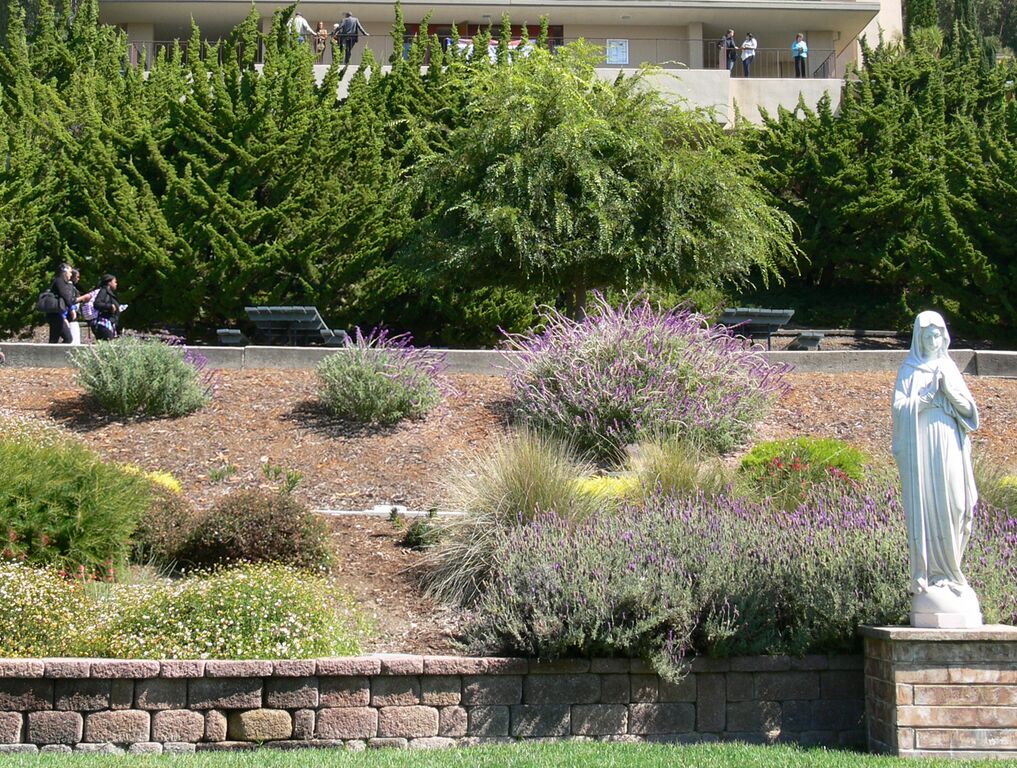When Oakland’s Holy Names University closed last spring, hundreds of students pursuing degrees had to make a choice about whether to continue their studies somewhere else.
More than two dozen of them transferred to St. Mary’s College in Moraga to pursue graduate degrees in psychology and education. However, they say the process hasn’t been smooth and it could take longer than they expected to complete their degrees, earn licensure, and begin working.
When Gabrielle Adams enrolled at Holy Names University in 2021, she expected to complete the program in three years and graduate in spring 2024. She had three forensic psychology courses left to take when Holy Names University closed last year, she said. After transferring to St. Mary’s, Adams was stunned to find out she needed two extra years of counseling psychology classes, and her new graduation date was 2026. That’s where the confusion began.
“We had been told that it was going to be a smooth transition into St. Mary’s. But they had nothing lined up for us in the summer,” Adams told The Oaklandside. “I found out I took a course I didn’t need, but I missed out on two courses I was supposed to take that are only offered during the summer. I didn’t get that resolved until December of last year.”
Although the resolution means Adams is now set to graduate this August, the experience has left her frustrated. “I’m just trying to get everything done and have this behind me.”
In an email to The Oaklandside, St. Mary’s College Chief Communications Officer Christine Hutchins said the college is committed to providing a pathway to success for the 50 students who enrolled from Holy Names University, including 21 undergraduates and 29 graduate students.
St. Mary’s waived application fees and offered a 50% tuition discount to those enrolling. Graduate students in the school’s Kalmanovitz School of Education, which houses the psychology, education, and counseling programs, were also given an advisor, the opportunity to meet with the dean’s office to answer any questions, and the school has held town hall sessions to answer students’ questions, Hutchins said.
The abrupt closures of several Oakland universities in the last few years have complicated academic careers and cost students more money due to the different requirements schools have for similar degrees. When colleges close, students lose their communities and the programs they chose for specific reasons, like diversity or unique specialties.
Mills College, a 170-year-old women’s college, was absorbed by Northeastern University in 2022 and for many former Mills students, that meant they had to change their majors to ones offered by Northeastern or transfer to another school. The shuttering of Holy Names University last year also meant that its school of education could no longer supply dozens of teachers to Oakland schools every year, exacerbating the city’s teacher shortage.

Ja’Naie Sinclair spent 10 years as a special education teacher on the East Coast before moving to Oakland in 2021 to enroll at Holy Names University’s counseling and forensic psychology program, where she expected to earn dual master’s degrees in three years.
The option to earn two degrees in one program, plus the diversity of the student body at Holy Names University made it an optimal choice, Sinclair said.
“And then the history of Oakland, that this is where the Black Panthers were founded, and the multiculturalism that’s here in the Bay Area were really appealing to me,” Sinclair told The Oaklandside. “It was a good time to transition too because of the pandemic. So I felt like the stars just aligned.”
Sinclair anticipated graduating in December 2023. But at the start of the year, it was announced that Holy Names would be closing in May, leaving students scrambling to figure out their plans because it was too late for traditional transfer deadlines.
Rachel Littlefield was also enrolled in the counseling and forensic psychology program at the time. After graduating from UC Santa Cruz in 2020, Littlefield started graduate school in the fall of 2021 at Holy Names.
“I knew I wanted to be a therapist or a counselor, but I was also interested in forensics as well. That would mean I would have to complete a counseling degree and find another school and do two separate programs and it would take more time,” Littlefield told The Oaklandside. “The program [Holy Names University] was offering was really special. That’s why I chose it.”
St. Mary’s College emerged as the best transfer option because application fees were waived for students applying from Holy Names University, and the school was offering a 50% tuition discount.
For Sinclair, things began unraveling last fall, with confusion over which classes were needed to complete degree requirements. Sinclair and other students were directed to enroll in a specific research course for spring 2024, but in the first week of the semester after classes began, students received notice that they were enrolled in the wrong course and could either add the correct one, which was held on another day and time or take the right course in a future semester, Sinclair said.
Hutchins, the college’s chief communications officer, confirmed that incorrect information was sent to four students about registering for the course.
“These students were immediately notified during the first week of the semester with an apology for the error and instructions on how to register for the correct course,” Hutchins wrote in an email to The Oaklandside.
Sinclair and other students who were impacted by course enrollment issues at St. Mary’s Kalmanovitz School of Education were offered a Dean’s Excellence Scholarship Award to offset the tuition charge for the extra course, Hutchins said. That scholarship covers half the cost of a single course.

“For me, that’s not an option because this is my last semester. I don’t have another semester to take this additional class because they messed up the course numbers,” Sinclair said. “I needed to be able to take this class and finish my degree. Because the longer I go without my degree, the longer I go without licensure, the less amount of money I’m making at jobs because I’m still in a traineeship.”
For Littlefield, confusion arose over the number of field hours she needed for her credential. At Holy Names, she was required to work at least 200 hours in the field, and at St. Mary’s College, it’s closer to 500, she said.
Hutchins said the difference is that Holy Names University’s fieldwork requirement was tailored to earning one professional license, while at St. Mary’s College, the fieldwork requirement is designed for students to earn two licenses.
“It’s important to note that Saint Mary’s programs are not identical to the programs these students were in at HNU,” Hutchins wrote in an email to The Oaklandside. “Transfer students often experience a shift in time to degree based on what credit units are transferable, scheduling differences, and different degree requirements at the new institution. Efforts were made to maximally transfer academic credits to SMC wherever the equivalent coursework could be identified.”
Littlefield currently works as an intern at Roots Community Health Center in Oakland.
“I’ve been in field study for a long time now—I’ve had to do two extra semesters,” Littlefield said. “I was told I’d only need to come and do the hours I had left. That added more time to my graduation.”
Students like Littlefield and Sinclair are eager to finish the programs so they can begin earning professional-level wages. Many internships can be unpaid or lowly paid, Littlefield said. She moved back in with her parents while working 30 hours a week at Roots and attending school to make her salary stretch further.
The confusion over course and fieldwork requirements means students are unsure if they’ll be able to graduate this semester. St. Mary’s will continue to honor the 50% tuition discount for the students until they complete their degrees and graduate, Hutchins said.
“What will happen is, I’ll complete this semester and then I think I’ll have to speak to my advisor in the next two weeks to figure out what my specific plan is and whether she’s approving me for graduation this summer,” Littlefield said. “I’ll graduate but I’ll still have to take classes in the summer and possibly in the fall if I want to take my paperwork from the school and get a license to practice therapy.”

